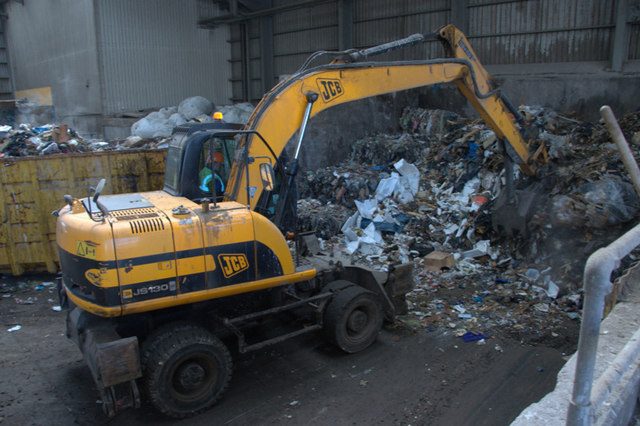Rubbish incineration has become one of the more favoured methods of waste management in the world. In fact, they’ve become extremely important in helping our services cope with the sheer volume of refuse being generated by us. But just how effective are they and what kind of impact do their emissions have on our environment? Let’s look at the pros and cons.
Pros
Relieve the Burden on Landfill Sites
The obvious first advantage is that they reduce the use of landfill sites and help authorities save money on the transport of waste to landfills. So the carbon footprint left behind by such transport is dramatically reduced.
Less Space
It is estimated that only 10% of the waste put into an incinerator is left following incineration. This relieves space on land and dramatically reduces the amount which goes to landfill. There are also less potential leakages from landfill waste into surrounding environments.
Kills harmful germs and chemicals
Incinerators operate at temperatures which can destroy harmful chemicals and pathogens which prove very useful, especially when it comes to clinical waste.
Re-usable waste
Some incinerators can reproduce the energy from burning domestic and industrial waste. Many suggest that this could be supplied to various local heating schemes which would make some use of the heat from burning rubbish.
They can filter out harmful emissions
Many of the more modern incinerators have the ability to filter out harmful emissions with the use of hot flue gases. This means that the emissions, which can include dioxins, particulates and hydrogen, don’t escape into the environment.
Cons
Loss of Natural Resources
Incineration has the potential to waste an extensive range of finite natural resources. If metals, plastics and glass aren’t removed from incineration, further efforts will be required to replace them through mining and other techniques that may have a negative environmental impact. The increased energy to find such resources may also increase the carbon footprint.
Discourages Recycling
Although incinerators offer a convenient method of waste disposal, they have the potential to discourage recyclers, particularly if more local authorities install them.
Location
Most residents don’t want to live near an incinerator. They increase traffic to the area and emit unpleasant odours into the air. Land and house-prices can also be affected for those living nearby.
Emissions
Although modern incinerators are very effective at filtering out harmful toxins and chemicals, they’re not 100% effective. The really small particles that can emit with the hot flue exhaust gases have the potential to cause health problems for those who live downwind. These pollutants can result in heavy metals such as Cadmium being released into the atmosphere. Research is currently being undertaken to ascertain just how harmful these pollutants can be.
Ash Waste
The ash that remains from incineration, although relatively small in amount, contains numerous toxins and heavy metals which need to be dealt with properly. They are sealed in water tight containers to prevent contamination. So stringent measures need to be observed at all times.







